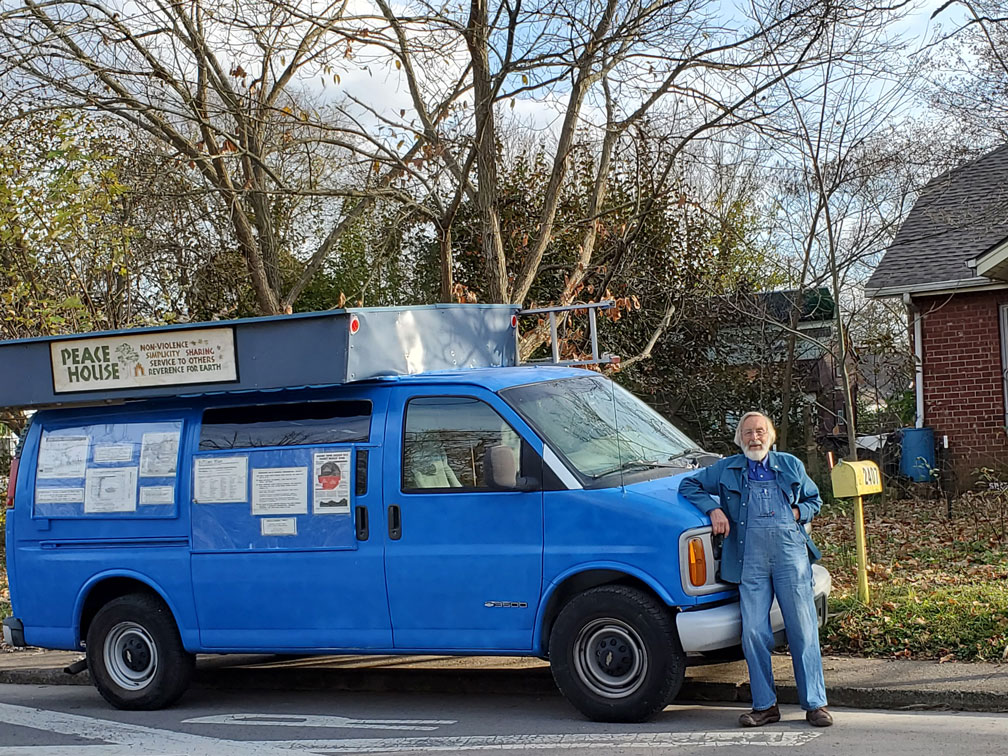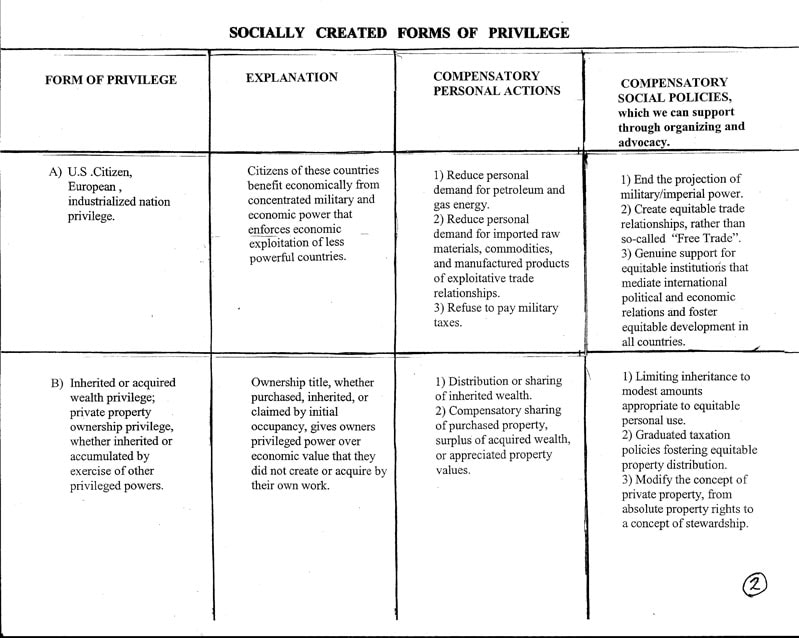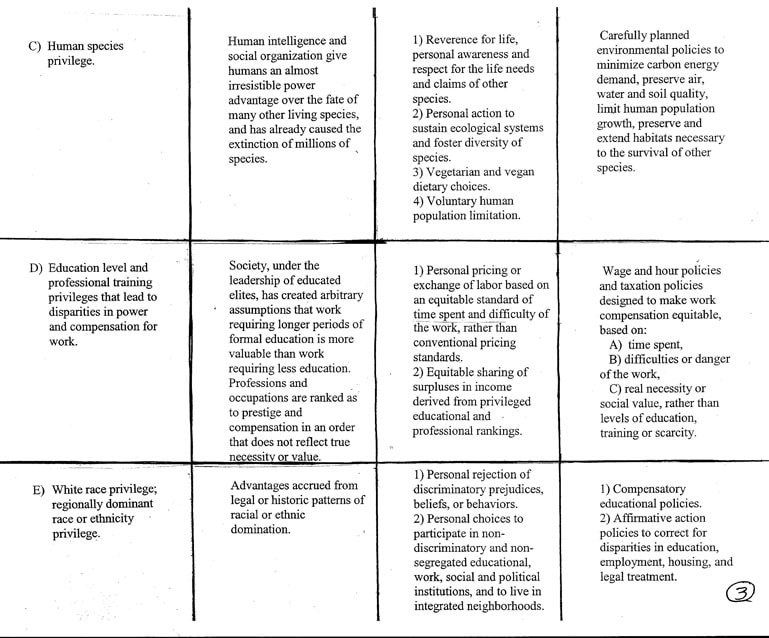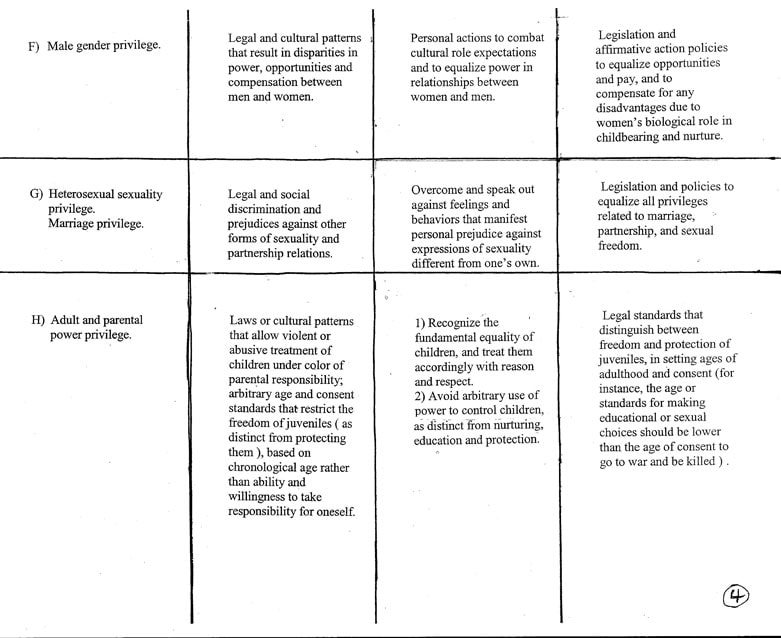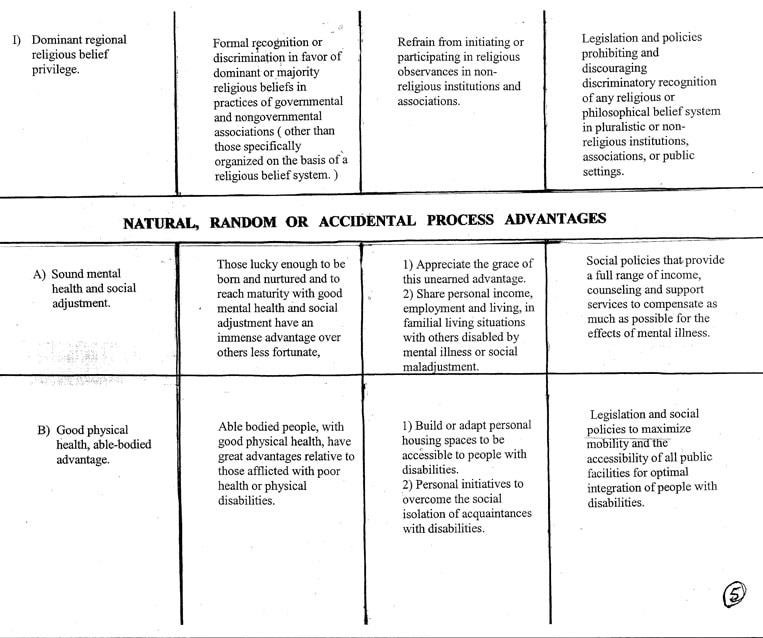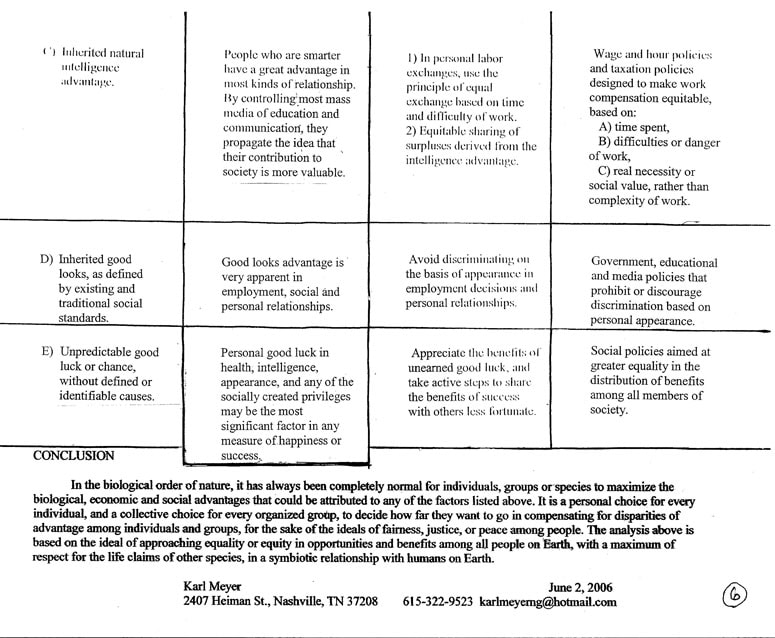END WAR - LISTEN TO EARTH
Karl Meyer - Nashville Greenlands - Life and Writings
PEACE HOUSE 2.0, at Nashville Greenlands orchard, with Chestnut & Pear trees, &
original Peace House in the background. [see Peace House and Greenlands pages.]
original Peace House in the background. [see Peace House and Greenlands pages.]
When the pandemic eases, I hope to travel with this new Peace House van to do education about world peace, and nonviolence, as I did with the original Peace House from 1991 through 1996. My first trips would be to the Chicago region, or through the Southwest and the Pacific coast, north to Oregon, and then back to Nashville through the Midwest. If you would like a visit to your community, email me at [email protected]
-------------------------------------------------------------------------------------------------------------
The essays and photographs on this website are supplemental to the text of my autobiography, Positively Dazzling Realism, which covers all the issues and actions addressed on this site, in much greater detail [see the Auto Biog page for excerpts.] The book is presently available only as a PDF, which I will be glad to forward to your email address with no charge. My next project will be publishing the edited third edition in a limited run of print copies for those who might want it in that form. If you want the PDF, or to be notified when a print version is available, email me at [email protected]
---------------------------------------------------------------------------------------------------------------
-------------------------------------------------------------------------------------------------------------
The essays and photographs on this website are supplemental to the text of my autobiography, Positively Dazzling Realism, which covers all the issues and actions addressed on this site, in much greater detail [see the Auto Biog page for excerpts.] The book is presently available only as a PDF, which I will be glad to forward to your email address with no charge. My next project will be publishing the edited third edition in a limited run of print copies for those who might want it in that form. If you want the PDF, or to be notified when a print version is available, email me at [email protected]
---------------------------------------------------------------------------------------------------------------
As of this writing, in 2020, I have sailed through sixty-three years of adult life agitating in many ways for an end to every and all wars; I have worked to foster economic equity among nations and among all social classes. Over the last twenty-two years in Nashville I have developed one model for a symbiotic relationship with the natural world, among many that might enable all among the growing population of Earth to thrive together, without having to harm or kill one another, or tear apart the healthy fabric of life that envelops our Mother Earth.
This website collects writings on peace and social justice action that I've written for small periodicals over the years, and selected excerpts from my autobiography, Positively Dazzling Realism. My life and ideas have been both deprecated and admired as "naïve idealism". In a world degraded and threatened by nuclear weapons, massive military waste, rapid climate change, and natural resource scarcities, I respond with words of Albert Camus, written in 1946, immediately after the end of a horrendous World War, when I was nine years old, words that suggested to me a title for a narrative of my life. I am one of the people he summons to action.
“Let us suppose that certain individuals resolve that they will consistently oppose to power the force of example; to authority, exhortation; to insult, friendly reasoning; to trickery, simple honor… Let us suppose they devote themselves to orienting education, the press and public opinion toward the principles outlined here. Then I say that such people would be acting not as Utopians but as honest realists. They would be preparing the future and at the same time knocking down a few of the walls that imprison us today. If realism be the art of taking into account both the present and the future, of gaining the most while sacrificing the least, then who can fail to see the positively dazzling realism of such behavior?” Albert Camus – Neither Victims Nor Executioners – 1946 – Combat [ translated from the French by Dwight Macdonald ]
I am a child of the Atomic Age, raised in the shadow of the mushroom clouds that rose over Hiroshima and Nagasaki in 1945. I was eight years old when "Little Boy" fell from the bomb bay of the Enola Gay into the air over Hiroshima. In an editorial for August 20, 1945, the editors of Life magazine wrote, "The individual conscience against the atomic bomb? Yes, there is no other way." Only a few Americans were listening then.
I was also a child of Gandhi's half-century, ten years old when he was assassinated on January 30, 1948. I began to read about him that year. Dream and vocation took root. Abolition of war was to become the most persistent thread of meaning and action in my life. I hoped that war - international and civil - would be abolished in my lifetime, to be replaced almost completely by effective institutions of law and mediation. This would be the "positively dazzling realism" of which Camus wrote, reflecting on the horrors of World War II and his own experiences in the violent underground French resistance to Hitler's Germany.
Through adolescence and youth I was moved by both universal compassion and personal ambition to attempt a central role in this process, and I naively believed that I might. Experience kept bringing me back to an evolving awareness of how human psychology and cultural forces make it so difficult to make progress toward such obvious and reasonable goals. I also came to understand my personal limitations as a potential teacher and leader. Throughout, I held doggedly to a belief that any success worth having must come with honesty to myself and others. Any success achieved through lies, self-deception, or any form of betrayal or cruelty, would be worse than failure.
Mine has been among the luckiest and most successful of lives. I have learned to live as a healthy human being within Earth, often helping others along the way, with a minimum of harm to other beings that also want to live and thrive. That is a fine, though modest, definition of success for one person. During the Vietnam War I often quoted words of Murray Kempton, "A great man is one who knows that he was not put on earth to be part of a process through which a child can be hurt." To lighten the scourge of human violence is a sacred vocation calling to every idealistic realist of emerging generations, who will be ready to take up the challenge from my generation and that of our children. I hope to work with them as long as I may have a kernel of creative energy left in me.
This website collects writings on peace and social justice action that I've written for small periodicals over the years, and selected excerpts from my autobiography, Positively Dazzling Realism. My life and ideas have been both deprecated and admired as "naïve idealism". In a world degraded and threatened by nuclear weapons, massive military waste, rapid climate change, and natural resource scarcities, I respond with words of Albert Camus, written in 1946, immediately after the end of a horrendous World War, when I was nine years old, words that suggested to me a title for a narrative of my life. I am one of the people he summons to action.
“Let us suppose that certain individuals resolve that they will consistently oppose to power the force of example; to authority, exhortation; to insult, friendly reasoning; to trickery, simple honor… Let us suppose they devote themselves to orienting education, the press and public opinion toward the principles outlined here. Then I say that such people would be acting not as Utopians but as honest realists. They would be preparing the future and at the same time knocking down a few of the walls that imprison us today. If realism be the art of taking into account both the present and the future, of gaining the most while sacrificing the least, then who can fail to see the positively dazzling realism of such behavior?” Albert Camus – Neither Victims Nor Executioners – 1946 – Combat [ translated from the French by Dwight Macdonald ]
I am a child of the Atomic Age, raised in the shadow of the mushroom clouds that rose over Hiroshima and Nagasaki in 1945. I was eight years old when "Little Boy" fell from the bomb bay of the Enola Gay into the air over Hiroshima. In an editorial for August 20, 1945, the editors of Life magazine wrote, "The individual conscience against the atomic bomb? Yes, there is no other way." Only a few Americans were listening then.
I was also a child of Gandhi's half-century, ten years old when he was assassinated on January 30, 1948. I began to read about him that year. Dream and vocation took root. Abolition of war was to become the most persistent thread of meaning and action in my life. I hoped that war - international and civil - would be abolished in my lifetime, to be replaced almost completely by effective institutions of law and mediation. This would be the "positively dazzling realism" of which Camus wrote, reflecting on the horrors of World War II and his own experiences in the violent underground French resistance to Hitler's Germany.
Through adolescence and youth I was moved by both universal compassion and personal ambition to attempt a central role in this process, and I naively believed that I might. Experience kept bringing me back to an evolving awareness of how human psychology and cultural forces make it so difficult to make progress toward such obvious and reasonable goals. I also came to understand my personal limitations as a potential teacher and leader. Throughout, I held doggedly to a belief that any success worth having must come with honesty to myself and others. Any success achieved through lies, self-deception, or any form of betrayal or cruelty, would be worse than failure.
Mine has been among the luckiest and most successful of lives. I have learned to live as a healthy human being within Earth, often helping others along the way, with a minimum of harm to other beings that also want to live and thrive. That is a fine, though modest, definition of success for one person. During the Vietnam War I often quoted words of Murray Kempton, "A great man is one who knows that he was not put on earth to be part of a process through which a child can be hurt." To lighten the scourge of human violence is a sacred vocation calling to every idealistic realist of emerging generations, who will be ready to take up the challenge from my generation and that of our children. I hope to work with them as long as I may have a kernel of creative energy left in me.
